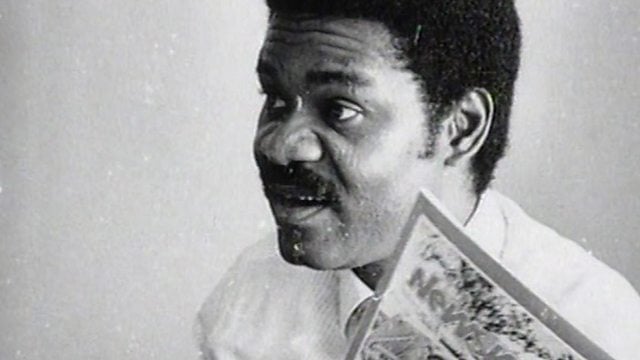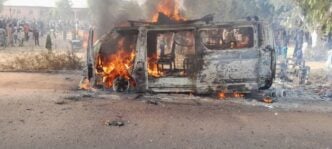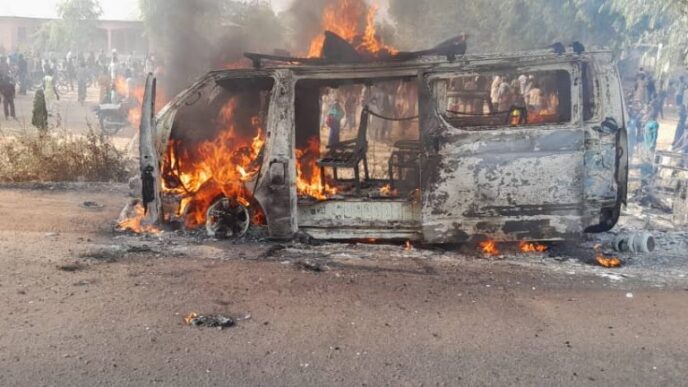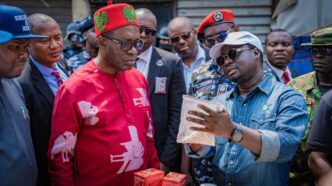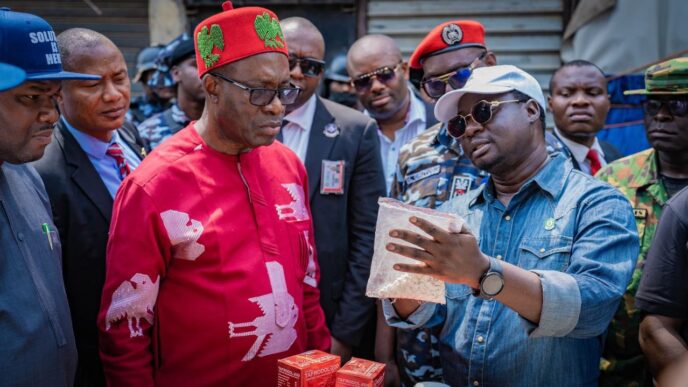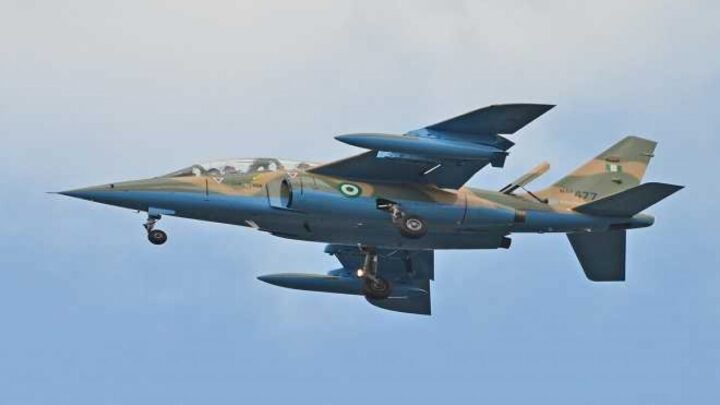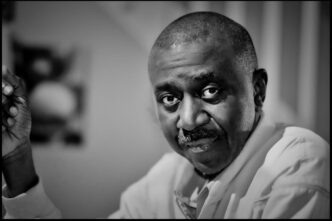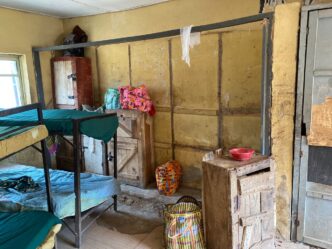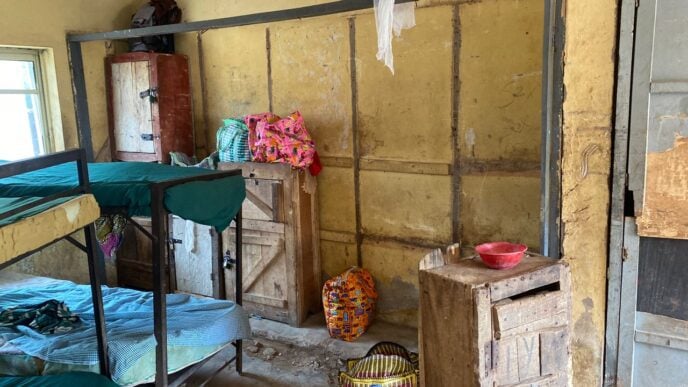Dele Giwa
Ibrahim Badamasi Babangida (IBB), former military president, says he was not the mastermind of Dele Giwa’s assassination.
Giwa, the founding editor-in-chief of Newswatch Magazine, was killed by a parcel bomb at his Ikeja residence on October 19, 1986.
Babangida was head of state from 1985 to 1993. He “stepped aside” after annulling the June 12, 1993 presidential election.
In ‘A Journey In Service’, his newly-released autobiography, IBB denied involvement in the death of Giwa, adding that the late journalist was “a good friend whose deep insight on national issues I valued”.
Advertisement
IBB addressed Giwa’s murder in Chapter 10 of his memoir.
“The novelty and tragic impact of the incident badly shook the nation. I was equally shocked by it all. On a personal level, I had just lost a friend. Mr Giwa was a good friend, like a few other senior journalists in the country,” he wrote.
“We spoke often on the phone and met a few times. I valued his deep insight on national issues and respected his views and reach as a media leader.
Advertisement
“My sense of loss was, however, overwhelmed by the public outcry and the feeling of tragedy in the introduction of an entirely novel mode of killing in our country.
“Coming a few weeks after the OIC crisis, which led to the retirement of my number two, Commodore Ebitu Ukiwe, I saw Giwa’s wicked and cruel murder as part of a series of booby traps and acts of destabilisation being hatched against the administration.”
‘I HOPE THE TRUTH IS UNCOVERED SOMEDAY’
IBB said he perceived the murder as an attack on his government.
Advertisement
“I tried to understand the implications of what had just happened by making sense of it. I analysed and tried to interpret the incident first at a personal level. Whoever was the mastermind knew my relationship with Giwa and a few senior journalists,” he added.
“Hitting at Giwa would get to me emotionally. Secondly, Giwa was a very popular and colourful journalist, a person of great public interest for anyone wanting to inflict a mischievous political blow on the young military administration.
“Giwa was loved by his audience and the rest of the public. Targeting him would shock the public and paint the administration in a feeble light.
“Much as this incident rattled me, I also accepted and understood it to be part of the challenges of the task I had taken on. I was responsible for acting in the public interest, but only in the context of the institutions and mechanisms of government.”
Advertisement
Babangida said “the hysteria of the media did not help the investigation of the Giwa murder. As is typical of the Nigerian media, the direction was marked by an adversarial attitude towards government, which has remained the hallmark of the Nigerian media from its colonial heydays.
“It was an attitude of ‘we versus the government’ that has remained today. It is a situation in which the government is adjudged guilty even before the evidence in a case is adduced.
Advertisement
“When the Obasanjo civilian administration reopened the Giwa case at the Oputa Panel on Human and Civil Rights, I expected that the police and lawyers would come forward with new evidence as to their findings on the Giwa murder over the years.
“Nothing of such happened.
Advertisement
“The Giwa, like all mysterious murders, has remained unsolved after so many years. I keep hoping the truth will be uncovered in our lifetime or after us. More often than not, mysterious crimes are solved long after their commission.”
Advertisement
Add a comment

